Global Health Discussions
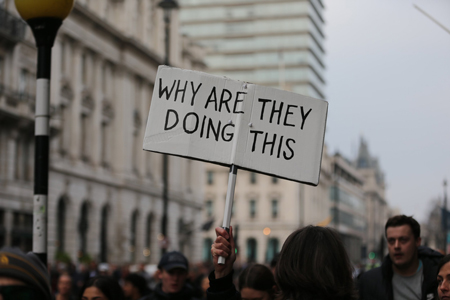
Who wants to kill you by telling you not to get the vaccine and why?
It’s not news that vaccine hesitancy is a major problem. Recent data suggest that those determinedly unwilling to be vaccinated against COVID-19 range from 30% of the population in Russia and 18% in the USA to less than 1% in China

No is a Healthy Word
As climate chaos escalates in the coming decade, transformation needs to happen faster and more comprehensively. Change has a price though.
We can’t keep doing the same things and expecting a different outcome. The cost of change is changing the status quo. Change means saying no.
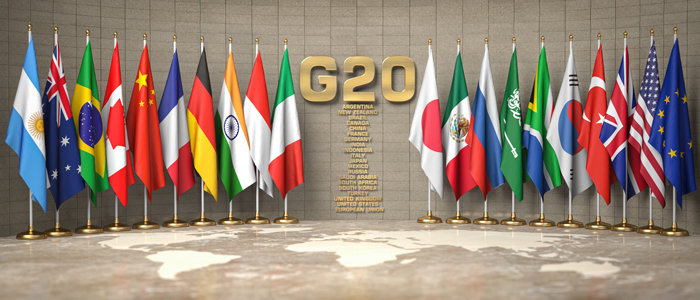
Free Riding, Tipping Points and the G20: will lessons be learned from the catastrophic global failures in COVID-19?
Has COVID-19 shaken the complacency of the leaders of the G20 nations into taking steps to address the multiple crises the world is facing? Professor Barbara McPake, Nossal Institute Director, suggests optimism might lie in a tipping point prognosis

20 years of health system progress in Afghanistan: what now?
As the Taliban resume control of Afghanistan, Professor Barbara McPake, Nossal Institute Director, gives some thought to the impact on the Health Systems. After substantial investment in rebuilding a public health system associated with some of the worst health outcomes ever observed, what are the prospects for retaining any of the gains made since 2001?
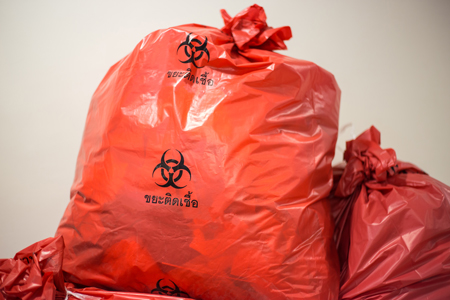
Why we need to green health care facilities
If healthcare was considered a country, it would be the fifth largest polluter on earth. To make a serious impact on climate change targets, we need to green our health systems and facilities.
Greening health care facilities builds their resilience to repeated climate-related threats and minimises their generation of environmental and climate related harm.
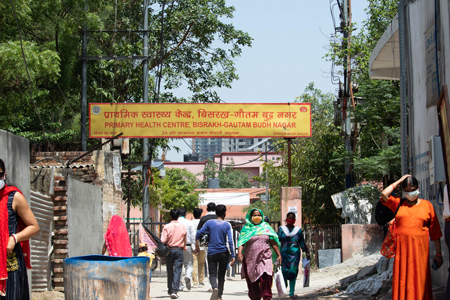
Regulating the informal sector and respecting people’s choices in the health system
Too many governments are simply unwilling, or incapable of investing in public health services in ways that ensure a combination of price and quality levels that can attract people away from unreliable providers. Professor Barbara McPake, discusses the critical role of resourcing the public health system in providing a baseline of service quality.
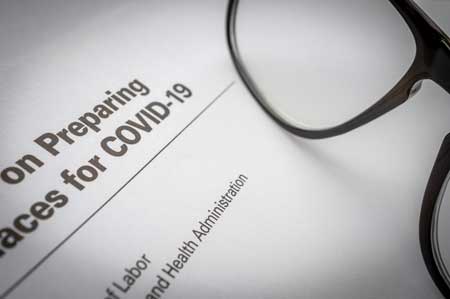
Pandemic preparedness: What have we learned from COVID-19?
The experience of the last 18 months has clarified that health system capacity is a lot more than numbers of hospital beds and qualified health workers. In our latest Issues In Global Health, Barbara McPake and Clare Strachan discuss the complexities of Pandemic Preparedness.
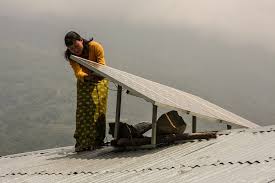
Is our infrastructure a COVID winner?
The Covid-19 pandemic has starkly highlighted the inter-relatedness and inter-connections between physical infrastructure, critical utilities and services, and the socio-economic web we live in.

Health systems in transitions: the need for transformation in primary health care
There is an urgent need for a new vision of primary health care in the 21st century. In the latest Global Issues in Public Health Barbara McPake and Wes Pryor discuss Health Systems & the need for transformation and how better to integrate rehabilitation into health system.
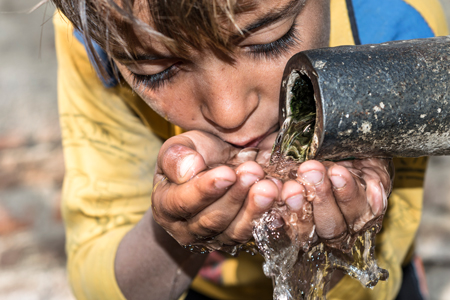
Aid hesitancy: a Global Scourge
British Members of parliament voted to lock-in cuts to foreign aid. This action is not unique. The commitment to achieving 0.7% of national income foreign aid, first agreed by the UN General Assembly in 1970, is in tatters. In the face of news of the real impact, there is evidence that attitudes in the UK are changing.
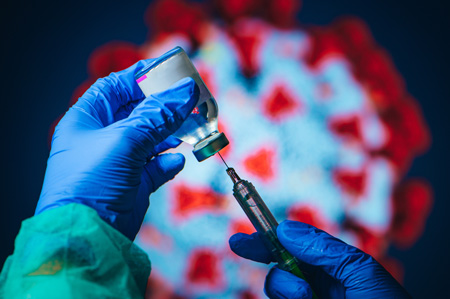
COVID-19 Vaccines for all. Where are we at?
Rich countries have bought up so much of the global vaccine supply that some could vaccinate their whole populations several times over. 32 countries have signed up for enough vaccine to fully vaccinate more than double their populations
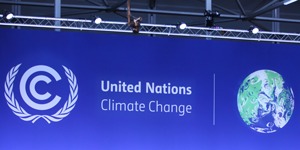
What did Health Get from COP26?
COP26 has finished and what did health get out of it?
Well, it got many commitments.

Prescribing Nature
There has been plenty of talk at COP26 about nature-based solutions. As part of this, 133 countries have pledged their commitment to halt and reverse forest loss and land degradation by 2030
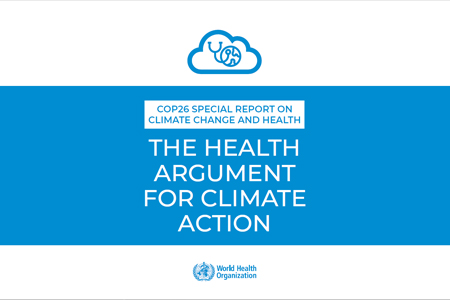
Putting health at the heart of climate talks
Putting health at the heart of all climate discussions in Glasgow this week is the goal of the World Health Organization. Its Special Report on Climate Change and Health urges ten high impact actions for governments to tak
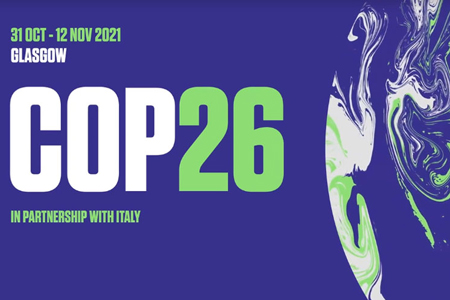
Future Health Systems: Resilient and Sustainable
The Conference of the Parties to the UN Climate Change conference (COP26) starts this week in Glasgow. While a COP takes place every year, COP21 is best known because of the Paris Agreement
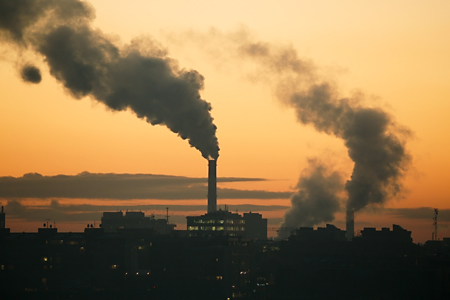
COVID Hero - Climate Laggard?
While COVID19 has shown the critical role of health systems as a first responder in a global planetary crisis, we need to recognise the uncomfortable fact that health systems are a major contributor to a different crisis - the climate crisis.